The Onset of a Football Drama
The sport of football often brings nations together in spirited competitions, yet at times it can stir conflict and controversy. The ongoing dispute between Nigeria and Libya in the context of the Africa Cup of Nations qualifiers underscores this fact. The Nigerian national team, fondly referred to as the Super Eagles, recently made headlines by refusing to play the second leg of their match against Libya. This move was not born out of whim but rather as a response to what they described as deliberate psychological warfare by the Libyan authorities, creating a storm of controversy and tension between the two football-loving nations.
The Incident at Al Abraq Airport
The catalyst for this dramatic turn of events was an unexpected change in travel plans. Initially slated to land at Benghazi Airport, the Nigerian team's flight was inexplicably rerouted to Al Abraq Airport. Located approximately 220 kilometers from their intended destination, this airport offered none of the facilities needed for the weary sportsmen. The team found themselves stranded, deprived of basic necessities such as communication, food, and water—an unsettling experience for any group of travelers, let alone elite athletes preparing for a critical match.
The Accusations Fly
Reacting to this disconcerting episode, team captain William Troost-Ekong shared his thoughts, accusing the Libyan authorities of staging "psychological games." His sentiments echoed those of star forward Victor Osimhen, who despite being sidelined with a muscle injury, voiced his concerns strongly. Osimhen went as far as terming the ordeal a "hostage scenario,” expressing serious concern for the safety and well-being of his teammates and their mentors. This claim has sparked heated exchanges and further soured relations between the teams.
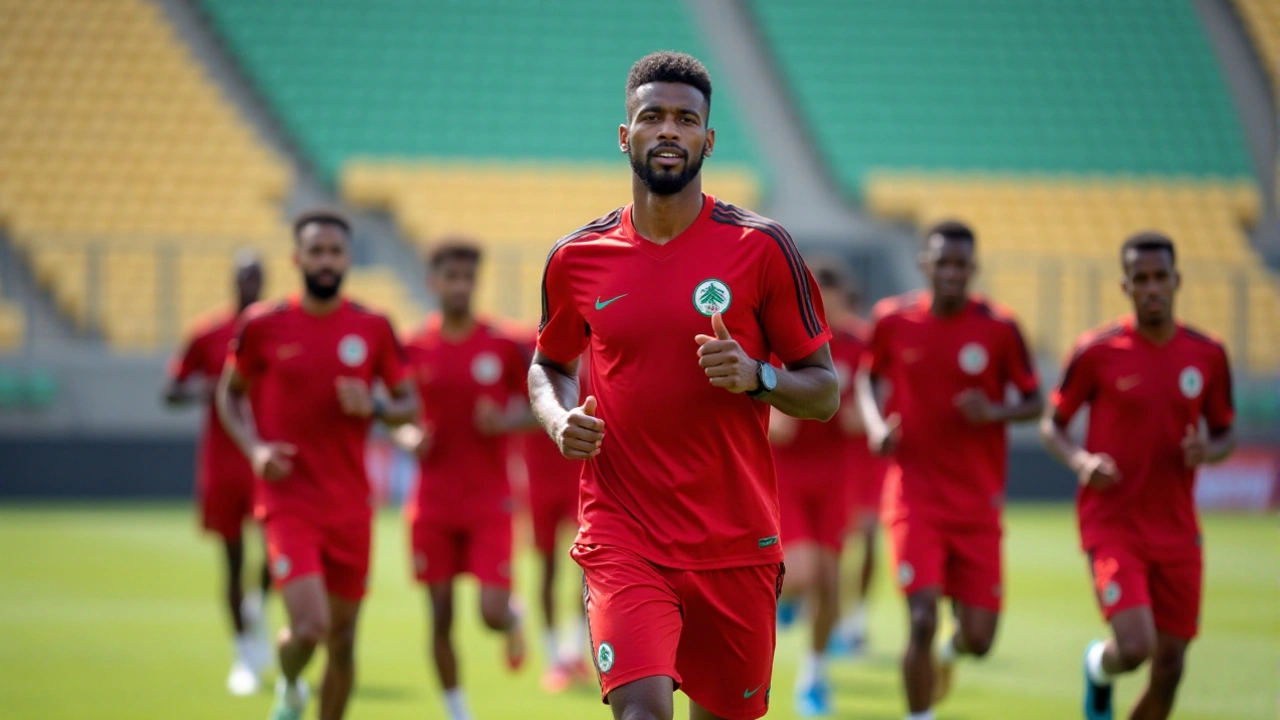
Behind the Scenes: Previous Allegations and Escalations
Tensions had been brewing even before this event. The first leg of the qualifier, held in Nigeria, ended with a narrow victory for the Super Eagles, but not without controversy. The Nigerian Football Federation had nullified previous accusations from the Libyan team about being mistreated. Libyan captain Faisal Al-Badri had earlier highlighted a series of inconvenient delays and exhaustive baggage inspections, alleging a similar ploy to destabilize their team.
The Role of African Football Governance
Nigeria’s sports minister, John Owan Enoh, has entered the fray, directing the national sports body to file a formal complaint with the continent’s soccer governing body, the Confederation of African Football (CAF). This escalation could have serious implications, bringing into question the integrity of the competition itself and potentially leading to sanctions or other remedial actions by CAF.
Strategic Implications
The decision to boycott the match goes beyond immediate grievances. It poses a strategic question about the value of safeguarding player well-being against competitive ambitions. The Super Eagles’ refusal to step onto the Libyan pitch is both a demonstration of protest and an unwillingness to play under perceived unjust conditions. Yet, it also risks their qualification chances and brings to the table discussions around governance standards and fair play in international tournaments.
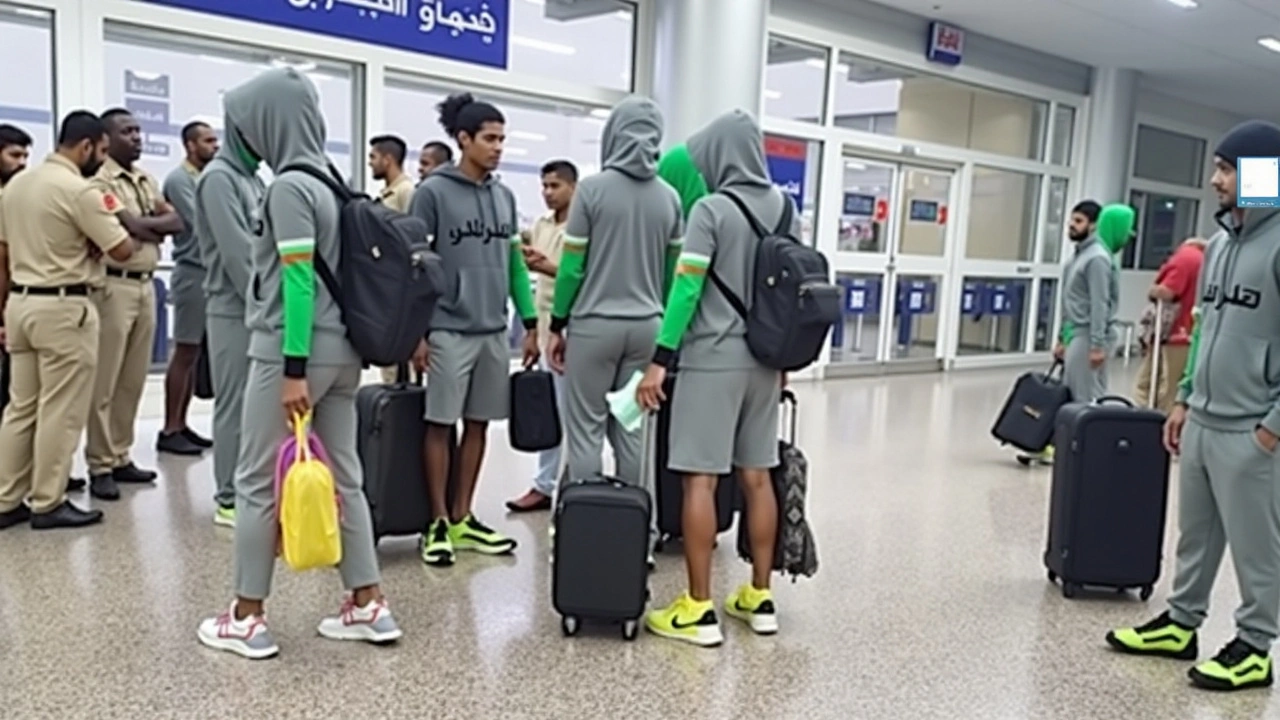
Looking Ahead: Possible Consequences
As both nations appeal to higher authorities in the football world, the situation offers little clarity on how tensions will be resolved. The implications extend beyond this single game, potentially affecting future matchups. Authorities may need to ramp up efforts to ensure matches are conducted in an environment free from obstruction and facilitation that leans toward equity for all teams involved. The unfolding drama serves as a reminder of how the beautiful game can turn ugly when politics and sport collide unchecked.
Conclusion
Ultimately, the Nigeria vs Libya controversy goes to show how sporting events, meant to evoke passion and pride, can become arenas for disputes that reflect deeper bilateral friction. The unfolding events offer lessons on the importance of transparency, sportsmanship, and the unwritten codes of respect that bind this global sport. Fans worldwide watch closely as this saga develops, hoping for a resolution that emphasizes fairness and moves beyond the clouds of controversy.

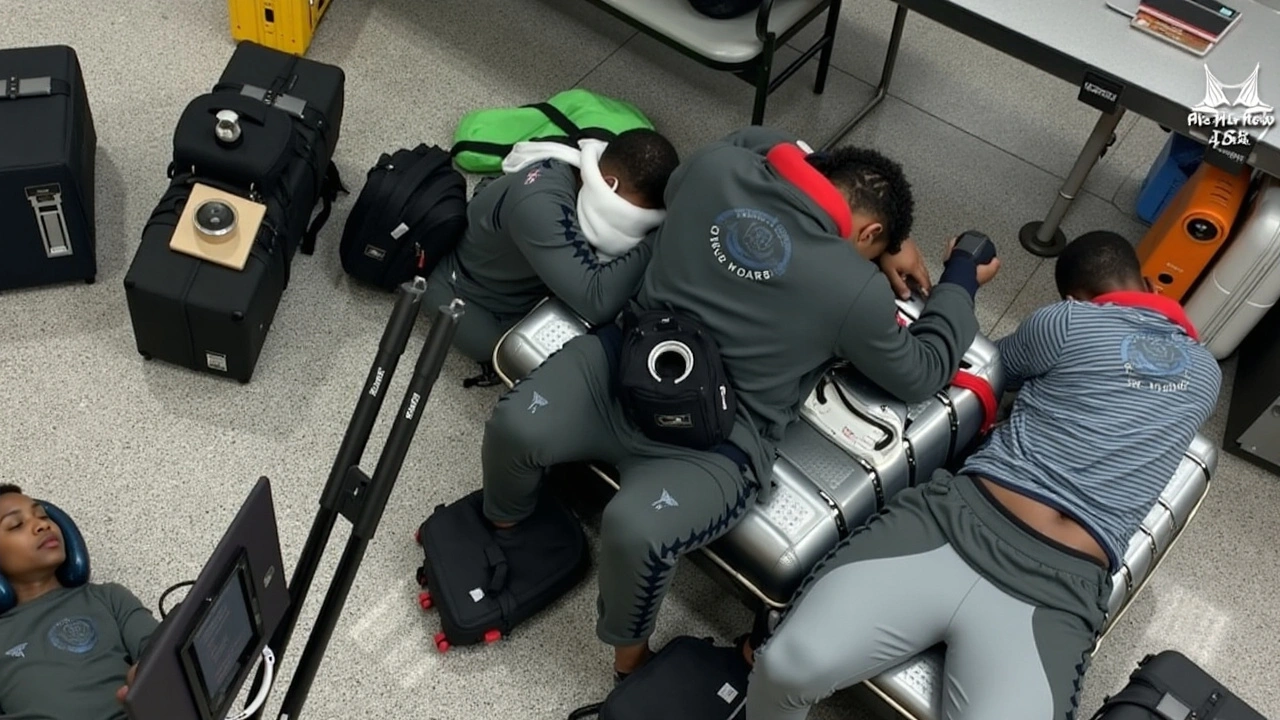
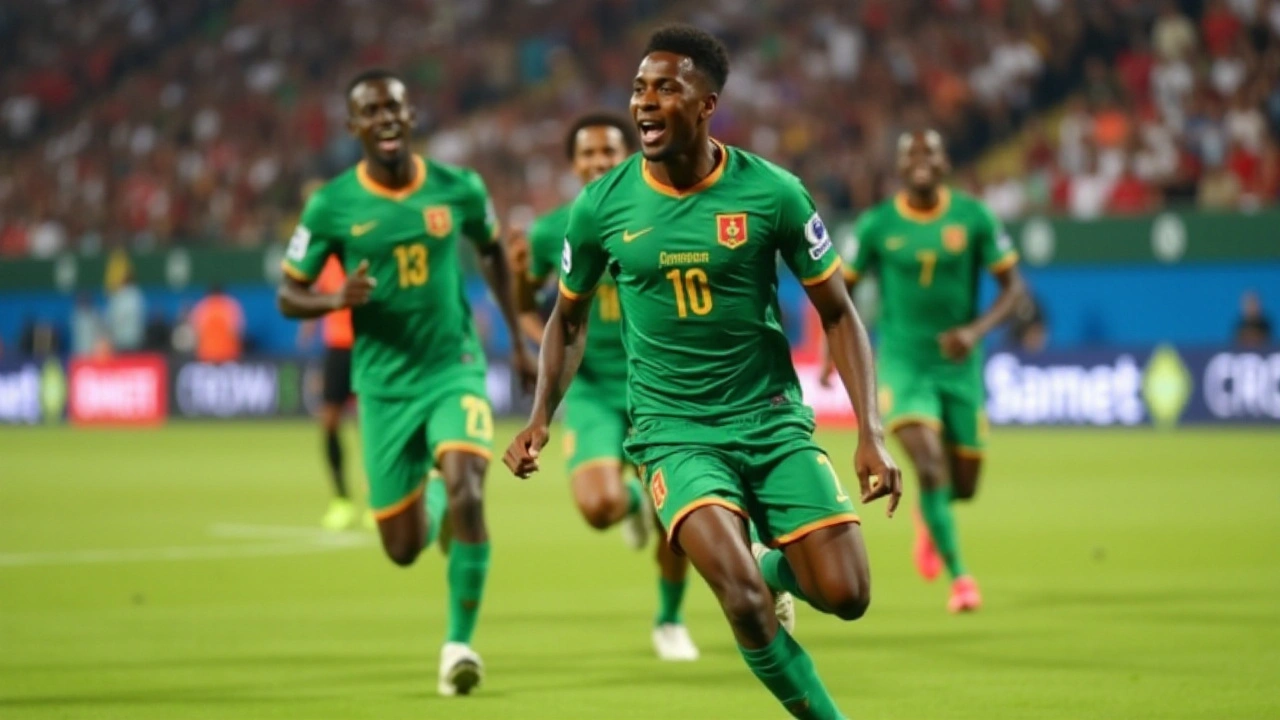
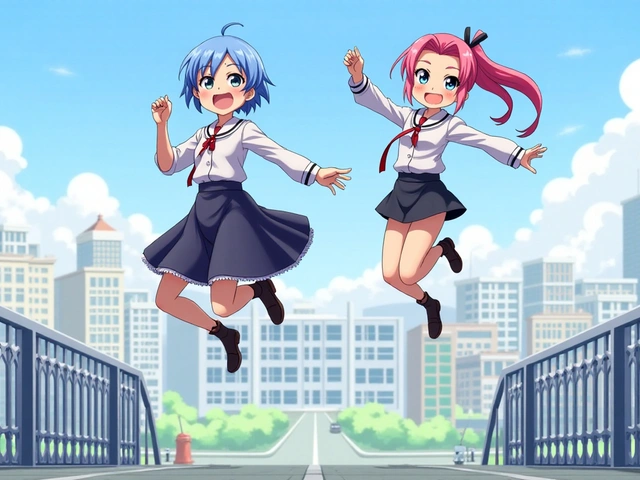
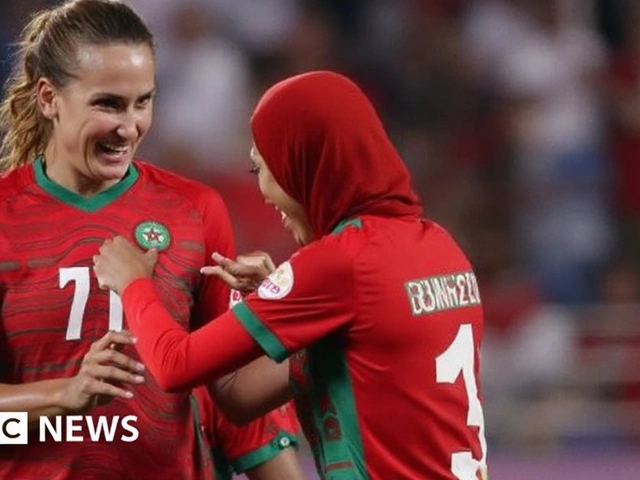

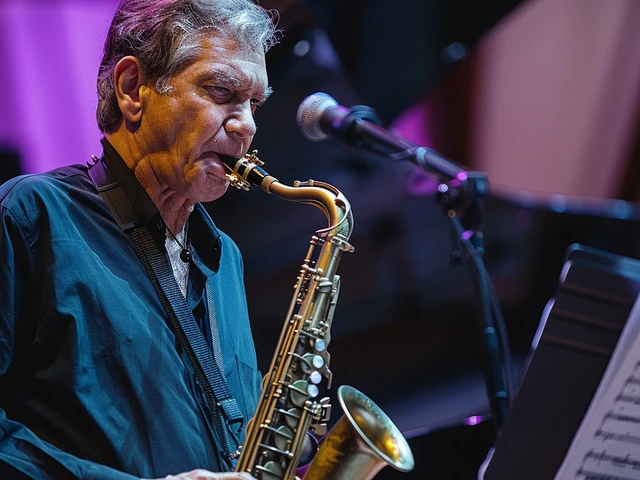
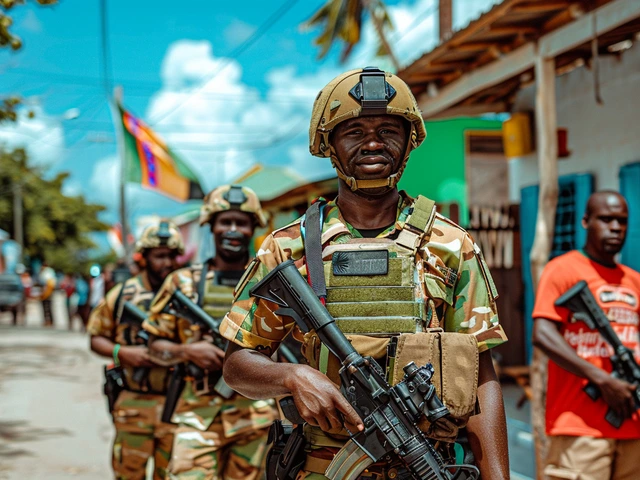
Megan Riley
October 15, 2024 AT 04:38 AMWow, what a mess! The Super Eagles deserve better treatment, and I firmly believe CAF will step in soon!!! The players just need some rest and proper logistics, otherwise the whole campaign could crumble. Keep your heads up, lads!!!
Lester Focke
October 17, 2024 AT 12:12 PMThe récente incident at Al Abraq exemplifies a profound breach of the sport's logistical protocol, thereby undermining the competitive integrity mandated by CAF. It is incumbent upon the governing bodies to enforce stringent compliance measures, lest the precedent erode the very foundations of continental competition.
Naveen Kumar Lokanatha
October 19, 2024 AT 19:45 PMwhile i get the concerns raised, we also need to think about the players’ mental health and the real‑world challenges they face when logistics fail. maybe a balanced approach where CAF mediates and both federations cooperate would be more productive than just a punitive stance.
Alastair Moreton
October 22, 2024 AT 03:18 AMHonestly, this whole drama feels like another headline‑grabbing stunt. Teams will always find excuses when they lose, and fans just get bored of the endless blame game. If you ask me, it's just politics masquerading as sport.
Surya Shrestha
October 24, 2024 AT 10:52 AMIt is evident that the underlying geopolitical tensions have precipitated an operational failure of such magnitude; consequently, the narrative transcends mere sporting dispute and enters the realm of diplomatic contention!!!
Rahul kumar
October 26, 2024 AT 18:25 PMThe situation highlights a clear need for better coordination between national federations and CAF. Players travel long distances and rely on host nations for basic amenities. When those basics are missing, performance can suffer dramatically. Moreover, the psychological impact of feeling trapped cannot be ignored. A well‑planned logistic chain is as crucial as tactical training. Teams deserve transparent itineraries and reliable transport. The governing body should enforce standardized protocols for airport transfers. This will reduce the chance of last‑minute reroutes. It also protects the reputation of African football on the global stage. Fans pay attention to these details and judge the professionalism of the tournament. Avoiding such incidents can also prevent costly legal disputes. In addition, clear communication channels between teams and hosts can resolve minor hiccups before they become crises. The current controversy could have been mitigated with a simple phone call. Ultimately, a collaborative approach benefits all stakeholders. Let’s hope this serves as a catalyst for lasting improvements.
mary oconnell
October 29, 2024 AT 00:58 AMOh great, another travel saga-just what we needed.
Michael Laffitte
October 31, 2024 AT 08:32 AMHonestly, this whole thing just shows how fragile the beautiful game can be when off‑field drama takes center stage. It’s a reminder that behind every jersey there’s a human being who deserves respect and basic comforts. So let’s hope the next leg is played on a proper pitch, not in an airport parking lot. Fingers crossed, everybody!